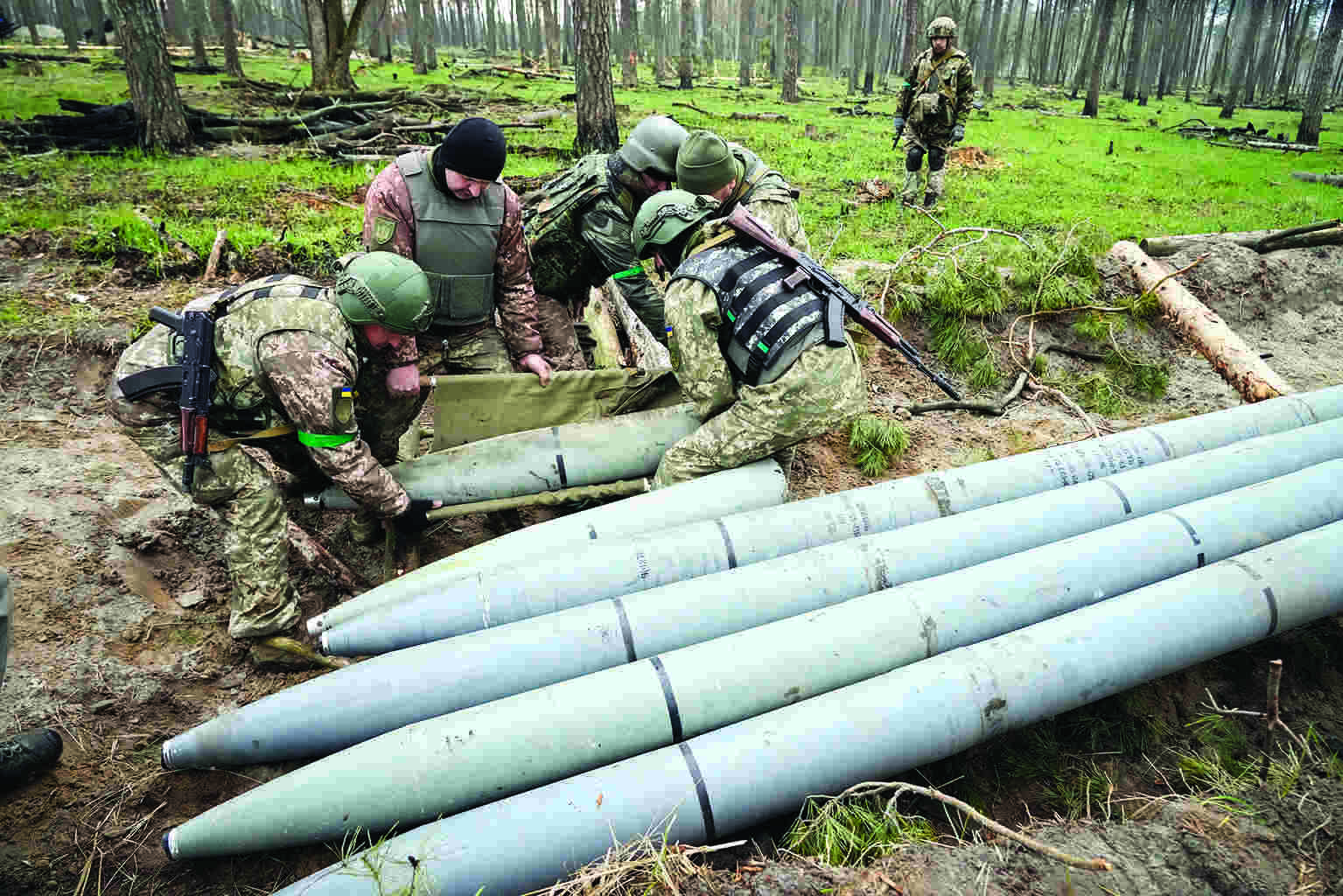Sanctions hit Russian economy, although Putin says otherwise

New York: Nearly two months into the Russian-Ukraine war, the Kremlin has taken extraordinary steps to blunt an economic counteroffensive from the West. While Russia can claim some symbolic victories, the full impact of Western sanctions is starting to be felt in very real ways.
As the West moved to cut off Russia's access to its foreign reserves, limit imports of key technologies and take other restrictive actions, the Kremlin launched some drastic measures to protect the economy. Those included hiking interest rates to as high as 20%, instituting capital controls and forcing Russian business to convert their profits into rubles.
As a result, the value of the ruble has recovered after an initial plunge, and last week the central bank reversed part of its interest rate increase. Russian President Vladimir Putin felt emboldened and proclaimed — evoking World War II imagery — that the country had withstood the West's blitz of sanctions.
The government wants to paint a picture that things are not as bad as they actually are, said Michael Alexeev, an economics professor at the University of Indiana, who studied Russia's economy in its transition after the collapse of the Soviet Union.
A closer look, however, shows that the sanctions are taking a bite out of Russia's economy:
The country is enduring its worst bout of inflation in two decades. Rosstat, the state's economic statistic agency, said inflation last month hit 17.3%, the highest level since 2002. By comparison, the International Monetary Fund expects consumer prices in developing countries to rise 8.7% this year, up from 5.9% last year.
Some Russian companies have been forced to shut down. Several reports say a tank manufacturer had to stop production due to the lack of parts. US officials point to the closing of Lada auto plants — a brand made by Russian company Avtovaz and majority-owned by French automaker Renault — as a sign of sanctions having an effect.
Moscow's mayor says the city is looking at 200,000 job losses from foreign companies shutting down operations. More than 300 companies have pulled out, and international supply chains have largely shut down after container company Maersk, UPS, DHL and other transportation firms exited Russia.
Russia is facing a historic default on its bonds, which will likely freeze the country out of the debt markets for years.
Meanwhile, Treasury officials and most economists urge patience that sanctions take months to have full effect. If Russia can't get appropriate amounts of capital, parts or supplies over time, that will cause even more factories and businesses to shut down, leading to higher unemployment.
It took nearly an entire year after Russia was sanctioned for seizing Ukraine's Crimea peninsula in 2014 for its economic data to show signs of distress, such as higher inflation, a decline in industrial production and a slowdown in economic growth.
The things that we should be looking for to see if the sanctions are working are, frankly, not easy to see yet, said David Feldman, a professor of economics at William &
Mary in Virginia.



